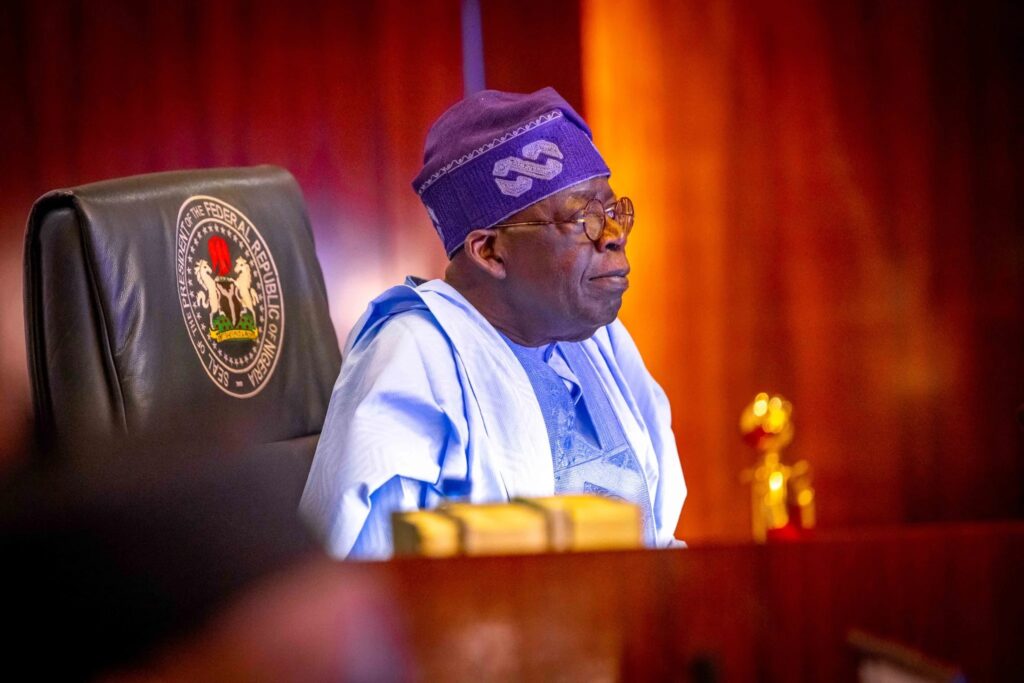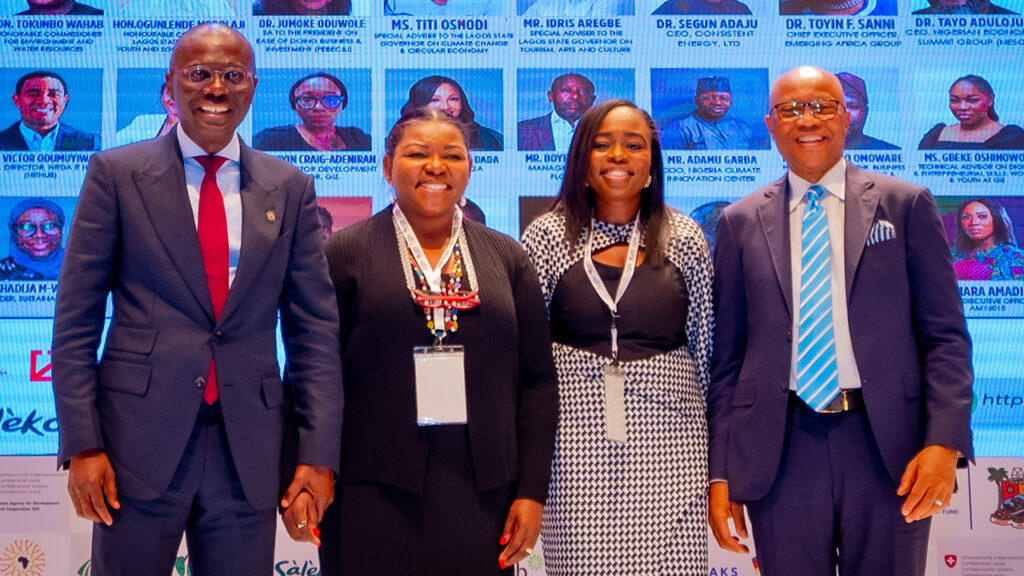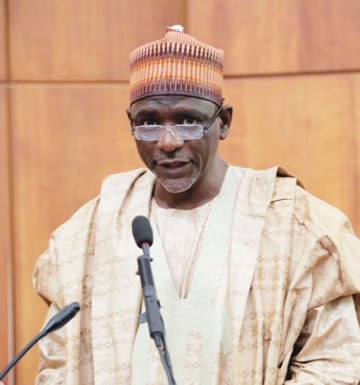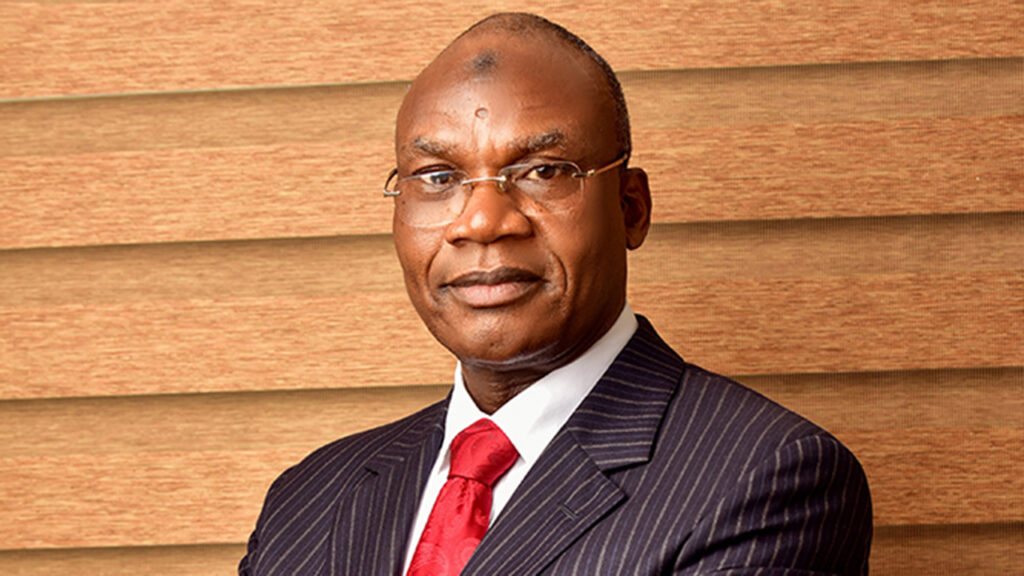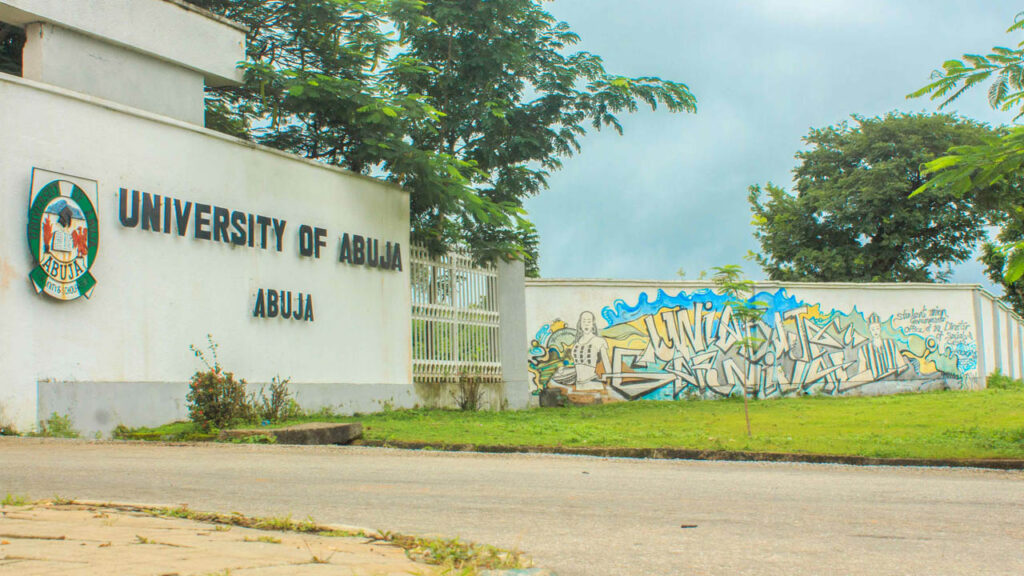
President Bola Tinubu had in June 2023, shortly after assuming office, dissolved the governing councils of federal universities, leaving the running of the institutions to Vice Chancellors. However, stakeholders lamented that the move has affected the operations of universities, including the promotion and appointment of lecturers, and called for urgent action from all concerned. IYABO LAWAL reports.
There are fresh concerns from stakeholders over the non-constitution of governing councils of federal universities dissolved in the wake of President Tinubu’s assumption of office.
Presently, 52 federal universities are operating without councils; 42 were dissolved in June last year barely one and a half years to the end of their tenure on June 15, 2025, while the remaining 10, which were established in 2021, are yet to have councils.
The absence of councils has affected the operations of these institutions and halted the appointment and promotion of lecturers.The council is the governing authority of the university, and it is charged with the general control and superintendence of the policy, finances, and property of the university, including its public relations.
The councils are expected to approve the university’s annual budget, supervise staff recruitment as well as promotion and approval of new academic programmes. They are also to ensure that each institution functions in line with its goals and objectives.
The Council of a university also has to see through the process of nominating its vice-chancellor. The immediate past minister of education, Adamu Adamu, inaugurated the 42 councils of federal universities in 2021.
The councils were, however, dissolved in 2023 contrary to the Universities (miscellaneous provisions) Amendment Act 2012. Section 2(a) of the Act read in part: “The council so constituted shall have tenure of four years from the date of its inauguration, provided where a council is found to be incompetent and corrupt, it shall be dissolved by the Visitor and a new council shall be immediately constituted for effective functioning of the university.”
Stakeholders said since the dissolution nine months ago, it has been difficult to employ or promote lecturers, or effectively run the institutions, and called for urgent action from the government.
Sources from some of the institutions alleged that since the dissolution of the council, top officials have been mismanaging funds because there are no governing councils to moderate their actions.
“We ran into this mess barely half into the tenure of the councils. They were arbitrarily dissolved contrary to the provision of the law. It was part of blanket dissolutions of the boards of the Federal Government’s parastatals and agencies. We believe this was an error as it was done under past administrations of Olusegun Obasanjo, Umaru Yar’adua and Muhammadu Buhari. The circumstances of the dissolution of the councils by the past governments were the same as what we have experienced now.”
The source noted that when the attention of past presidents was drawn to the unlawful act, they reversed the decision to enable the effective functioning of the institutions.
“It is nine months since this error was made, and it is yet to be corrected. Staff unions and other stakeholders have drawn government attention to this, but it is yet to take any action.
Already, the Academic Staff Union of Universities (ASUU) has maintained that the absence of governing councils in all federal universities makes the activities of the institutions illegal. National president of the union, Prof. Emmanuel Osodeke, while faulting the dissolution, said it is dangerous for a university to run without a council.
The union said the move was inimical and a major setback towards the growth and development of university education in the country.
Osodeke, who condemned the move, insisted that such a trend if allowed to continue, would cripple the university system.”
According to him, the dissolution not only contravened the Act establishing federal universities, it would stagnate the progress of the institutions.
“The governing council is the highest decision-making body of every university, and once it is dissolved without immediate replacement, it stalls every major decision in the university. So, we consider the dissolution as inimical to the progress of the university system and call on the government to rescind its decision,” he said. He appealed to the government to allow the institutions to operate under the law establishing them.
“The councils have been dissolved for over nine months. These universities are running illegally, and the minister has become the council. There are many vice-chancellors whose tenures are ending soon, and there is no council to start the process of appointing new ones. The government should reconstitute them to avert the danger of not having councils. Any decision taken by the vice chancellor or anyone now is illegal, the university cannot function properly because you need a council to award contracts, employ and take other major decisions, but the government seems not to be interested in constituting any council,” Osodeke stated.
He insisted that the Federal Government should reconstitute the councils with immediate effect, or restore the ones dissolved illegally last year. Osodeke’s argument on the dissolved councils was that their removal was illegal, as they have a four-year tenure, and could only be removed after committing an offence.
“Their tenure is four years; to remove them, they must have made an infraction, the government cannot just wake up and arbitrarily dissolve them. The law didn’t recognise that,” Osodeke stated. A university council comprises the Pro-Chancellor who serves as chairman, vice chancellor, external members, and a representative each from the National Universities Commission (NUC), the university Senate and the university congregation.
Similarly, a coalition of civil society organisations in Nigeria (COCSON) has declared that the Federal Government has no power to dissolve the councils, unless they are found incompetent or wanting.
The group noted that a situation where presidential powers are used to usurp the powers of the university system should be urgently reversed. The group maintained that the dissolution did not follow provisions of Section 3(2 ) (A) of the Universities Autonomy Act 2007.
COCSON said with the dissolution, the university system is left hanging without a head and is now subjected to political dictates. Chidozie said the university system is presently almost grounded as promotions, matriculations and convocations are not held as they should, since councils are expected to approve the dates.
“Another clear example of the dangers of dissolving governing councils comes in handy with the raging brawl at the Federal University of Health Science, Otukpo, where fear of implosion had gripped the institution after the vice chancellor reportedly sacked his deputy over lack of cooperation. Such a development would not have happened if the council was in place.
Chidozie maintained that for sanity to prevail, councils of universities should be allowed to complete their tenure, and on completion, the government can reappoint or bring its own people.
“If we allow this to be a precedent, then it will take our university system to the past and once more, take it away from the global best standards which have been achieved in the past few years. If unchecked, a time will come when politicians and civil servants will take over the entire university system and begin to dictate what to teach, how to teach, and when to teach.
“This is a serious national issue, President Tinubu must show a worthy example by conforming to the extant laws. The present situation where presidential powers are being used to usurp the powers of the university system should be urgently reversed.”
But at the recent convocation of the University of Abuja, President Tinubu disclosed that councils of federal universities would soon be reconstituted. He assured that membership of the councils would comprise Nigerians with the zeal and commitment to govern and reinvigorate the universities in line with the provisions of the extant laws, and traditions of the system.
Tinubu noted that when inaugurated, the councils would be expected to commence immediately, the implementation of a white paper on reports of the various visitation panels in their respective universities.
He warned that his administration will not accept or condone any shoddy performance in the implementation of the white paper, or the overall mandate of the new governing councils.

